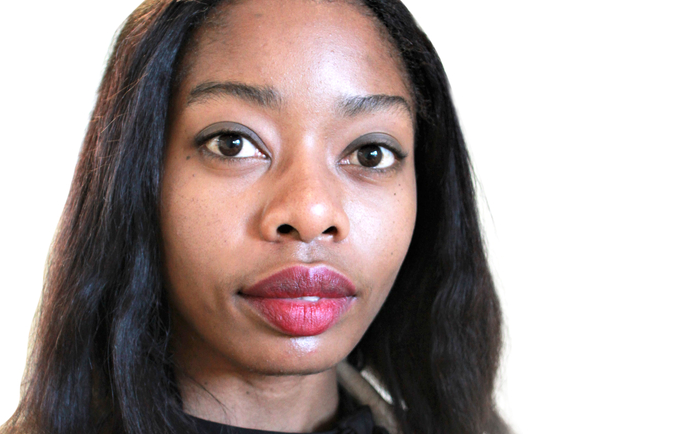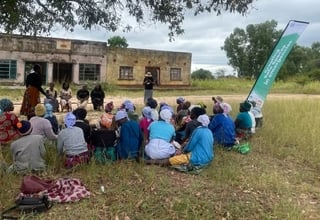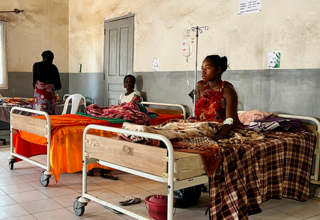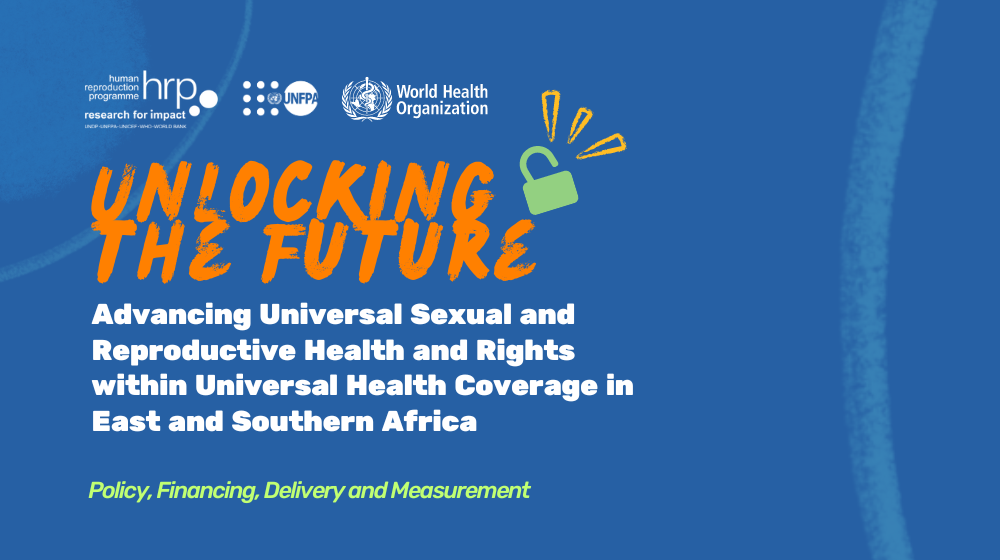This week, we are highlighting remarkable young people in the region who are building peace in their communities. Here's Katongo's story:
It’s easy to be captivated by Katongo Chileshe’s passionate words. At age 23, this young Zambian woman has proven that age is not a barrier when it comes to making a difference. Katongo expressed her thoughts at an East and Southern Africa Regional Consultation on Youth, Peace and Security, hosted by UNFPA in Johannesburg, South Africa.
UNFPA: What inspired you to get into this work?
Katongo: When I was very young, my father was in the military and he went on a mission to Darfur. Zambia is generally peaceful and it has been peaceful for many years. So, at that point, I did not really understand what conflict was about. I started watching documentaries, and I became curious. I got to understand the darker side of war.
Each day, I get to understand why I need to work in peacebuilding. There are so many issues around peace – there’s sexual- and gender-based violence, which is not just an issue for women and children but for men too.
I get to see all these things and I want to make a change, I want to contribute in some way and I believe I have that voice.
UNFPA: What do you do to participate in peace building?
Katongo: In peace building, I describe myself as a researcher and writer. Currently, I am with the Levy Mwanawasa Regional Centre for Democracy and Good Governance, Human Rights and Civic Education which … was created by Heads of State in the Great Lakes region to try and create a sense of peace. As a think tank, mainly what we do is research – we are involved in capacity building and collection of data. I also teach on gender.
UNFPA: What is your impact in your community?
Katongo: I think monitoring and evaluation, as well as data, is a very important aspect of any agenda. You can’t progress in peace and security without data. We know how we are progressing – it helps us know where we are coming from and where we are going. This can give us direction.
Also, when you are writing and researching, you are able to find new things. It is easy to make policy recommendations.
UNFPA: Why is it important that young people get involved in peace building?
Katongo: These are people who are energetic; these are people who are active; these are people who are involved in many activities at the lower level. And don’t forget that many of them are used as tools in perpetuating conflict.
If we involve young people in peacebuilding activities, then we are changing something that has been used negatively into something positive.
Many young people have been working on conflict resolution and peace building; at a small level, we have seen their efforts. They have proven themselves. If we give them the chance to do peace building at a larger scope, there’s no telling of the magnitude of impact that it would have.
Women and young people are often the first to respond in a crisis and are vital to an effective and inclusive humanitarian response that is locally driven and sustainable. Ensuring young people have the skills, capacity and resources to prevent, prepare for, respond to and recover from humanitarian situations, will help reduce the costs of and the need for international humanitarian support, improve humanitarian effectiveness and strengthen the resilience of communities.
UNFPA is committed to empower and promote the participation and leadership of young people in crisis prevention and recovery. This enables adolescents and young people to be agents of positive transformation.
UNFPA, through the Safeguard Young People Programme, has helped improve the health and rights realities of millions of young people in Southern Africa. The programme most recently supported the East and Southern Africa Regional Consultation on Youth, Peace and Security held in Johannesburg, South Africa. This regional consultation is part of a global effort to bolster action on Resolution 2250. The discussions from various regional consultations will feed into the Progress Study on Youth, Peace and Security, highlighting the positive contributions that young people make to peace building.




